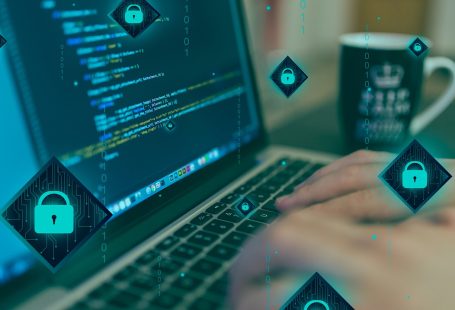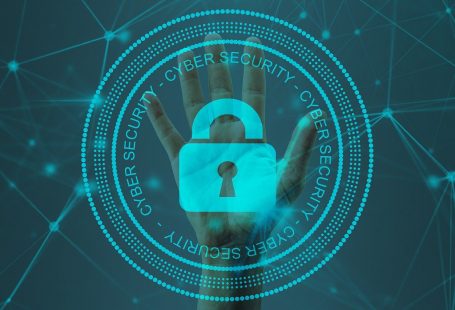What is Digital Security? Digital security is an aggregation term that depicts the tools used to make sure that your personal information, identity, financial resources, and various other assets are kept safe. These apparatuses include secured digital devices, biometric services, smartphone subscriber id device, antivirus program, and secured web services. Digital security solutions can also include intrusion detection systems (IDS), key-logging devices, data capture devices, fraud management software, remote access software, network intrusion prevention software, network traffic analyzers, network monitoring software, system distribution software, time and server clock synchronization services, and firewall or intrusion detection system software.
Digital protection is a term that has been around for many years. This form of security keeps personal information secure from unscrupulous users. Digital information security systems are often incorporated into antivirus software. Many hackers and crackers use these types of programs to gain unauthorized access to networks. These programs cannot be used by the average user because they require specialized knowledge and use an “infected” computer in order to get their hands on the needed information.
Digital security is sometimes used in tandem with the latest anti-malware applications available, in order to combat hackers who want to gain access to computers inside a company’s network. The goal of digital security is to prevent hackers from getting access to the computers in networked offices. There is much danger when hackers gain access to the computers of large companies, since they have a lot of information being sent from one area of the world to another.
Digital privacy and internet security go hand in hand, and both are interrelated. Digital privacy is the ability to control who has access to one’s computer and other personal information. Digital privacy is important in order to protect the individual from people who would take advantage of them and misuse their privacy. However, a person can only enjoy digital privacy if he or she has adequate security measures in place, such as firewalls and other protective measures.
Digital privacy and internet security are not always applied in the same way. Digital privacy is sometimes referred to as “anti-social behaviour” by hackers because it prevents other people from gaining access to one’s computer. Digital privacy is also used to protect against spam and other Internet scams. The security of digital privacy depends upon how it is implemented. Two-factor authentication, which is a method of verifying emails that come from a specific address, is one way that companies safeguard their clients’ privacy.
Digital Security is very important to the online shopping experience for consumers. Digital security allows websites to store customer information such as their address book and credit card numbers. It prevents unauthorised access to this information. However, there are some instances where a company may use Digital Security to gather an individual’s personal data for the purpose of marketing or selling that person’s personal data to marketers or scammers. Digital security can be breached through two ways: browsing history and sensitive data contained in applications.
Digital security can be breached through personal information that gets into the wrong hands. In the past, hackers were able to access and take down sites that offered secure data entry. Nowadays, many websites are selling that data to online scammers who use it to obtain financial benefits. For instance, an individual who goes on a site that promises him or her safe financial transactions (such as an online bank) but later gets unauthorized funds, the person who accessed the site could be a victim of identity theft.
Digital security can be compromised by a variety of methods. A person can browse the Internet without using a secured site. He or she can accidentally download a virus or spyware that compromises the Digital Security of his or her computer. There are also malicious programs known as “spyware” that send out private data about a computer’s activities online to outside parties who then use this information to track the user.
Image by methodshop from Pixabay
























